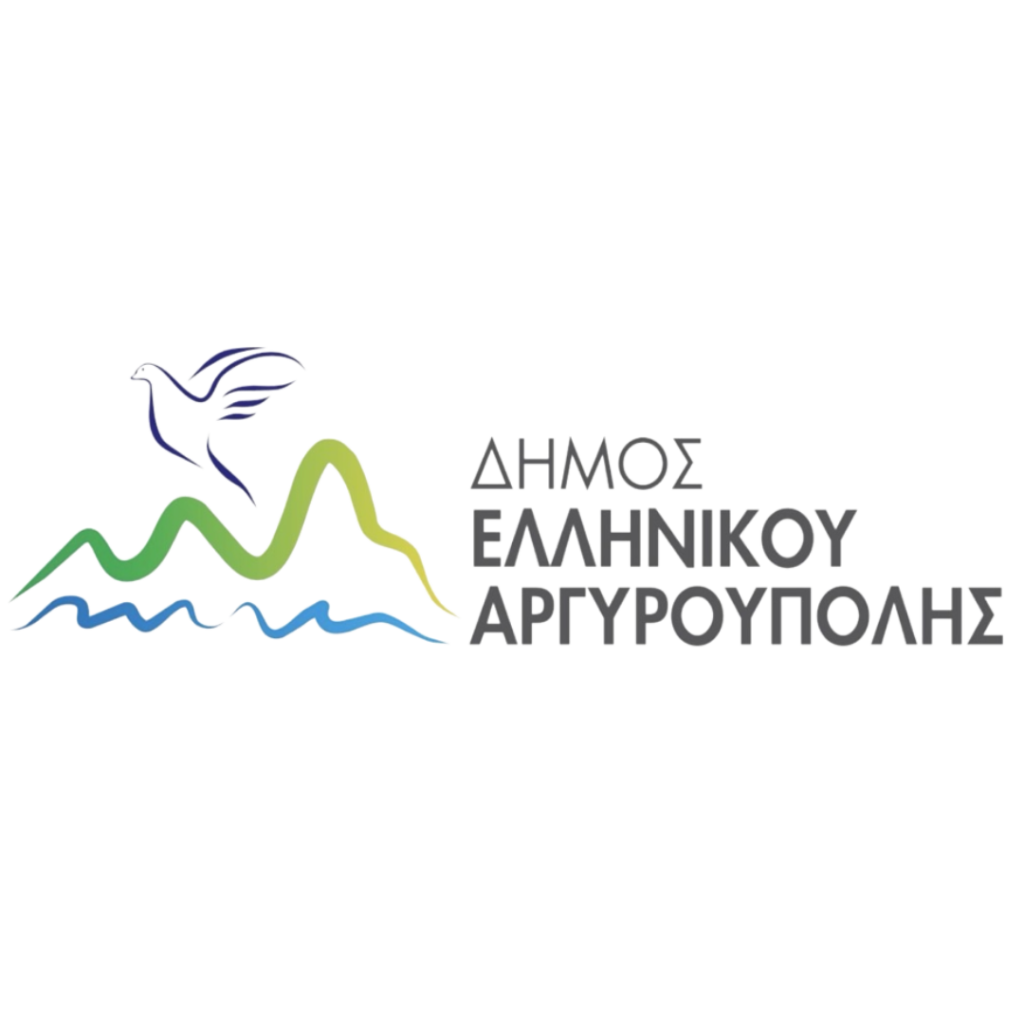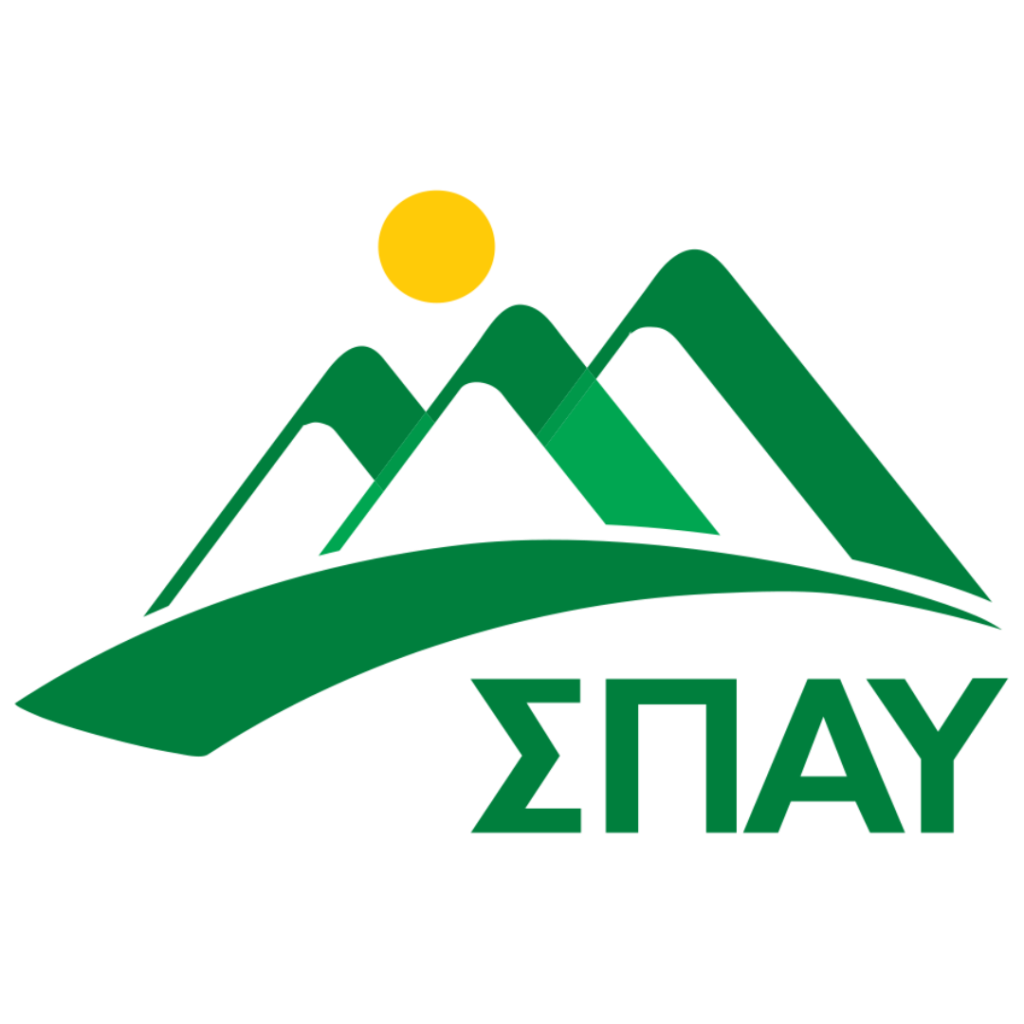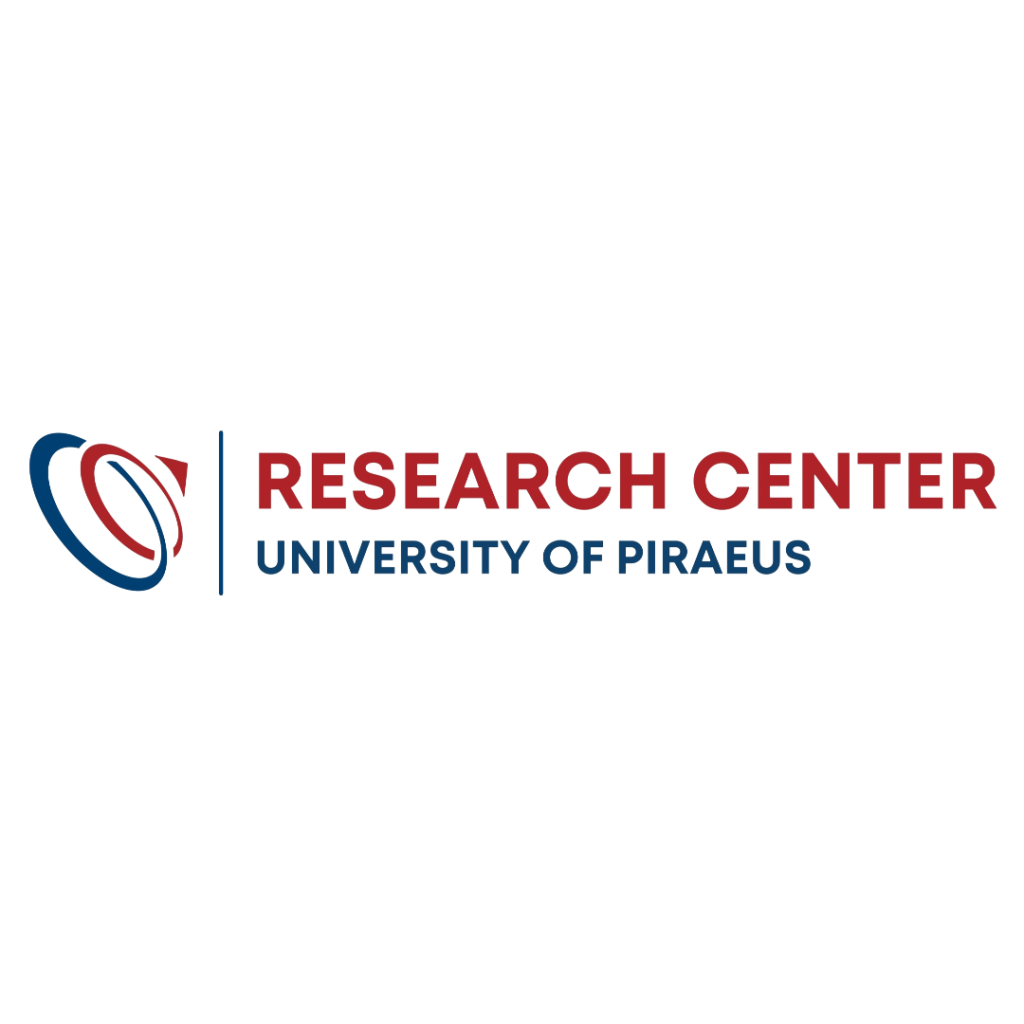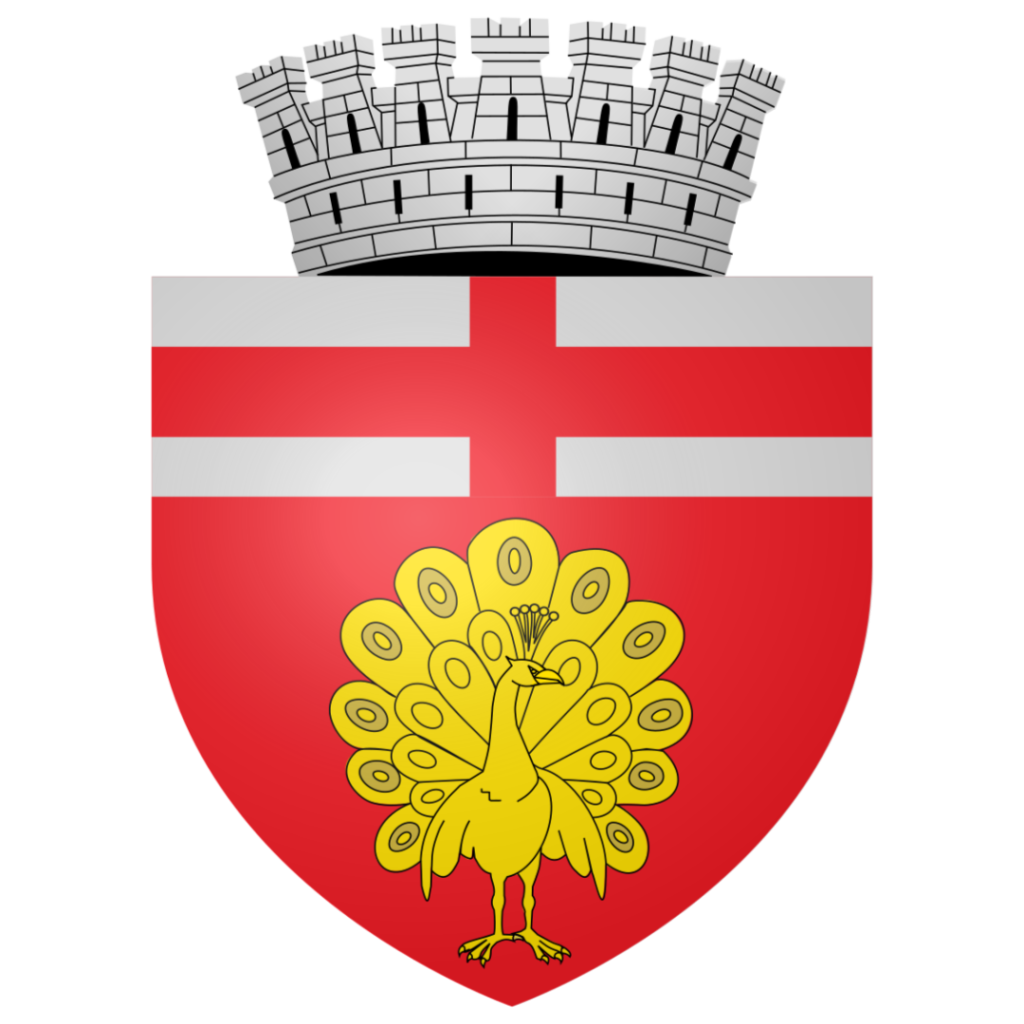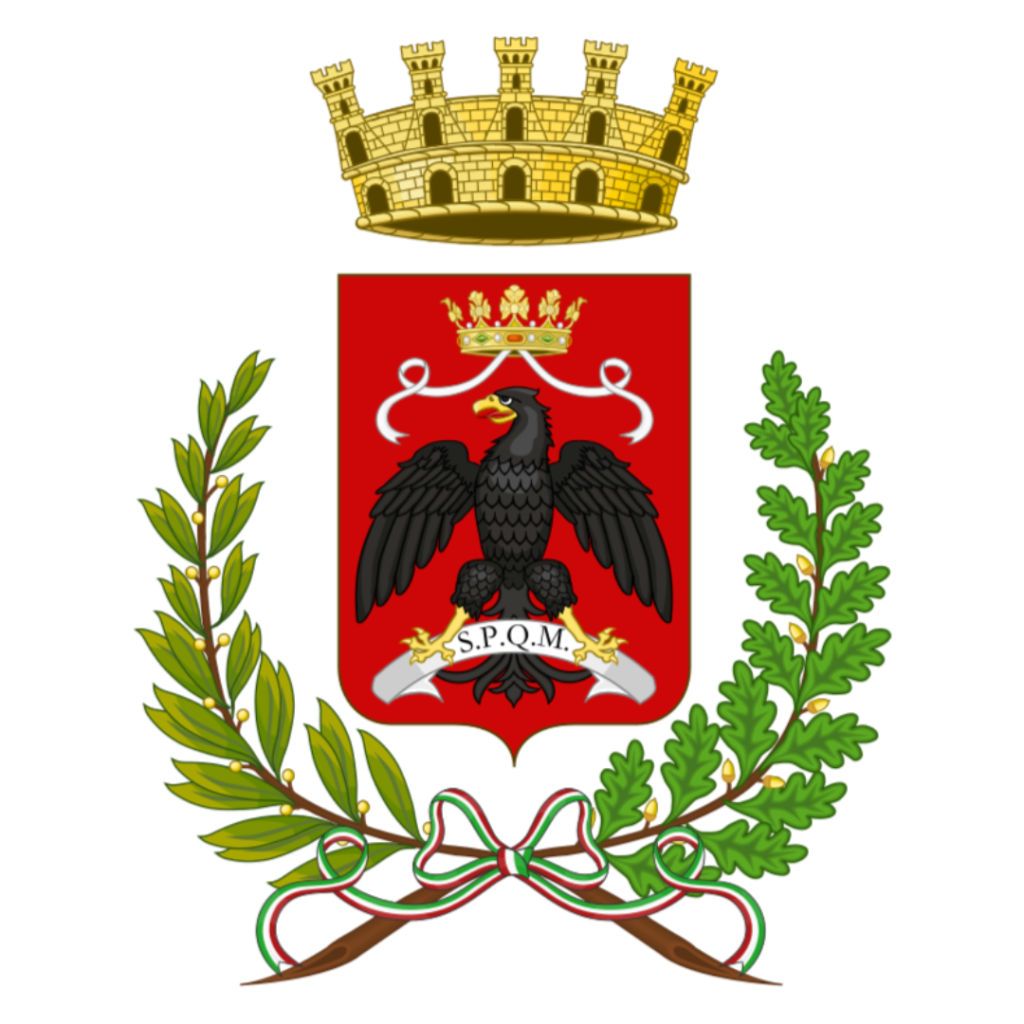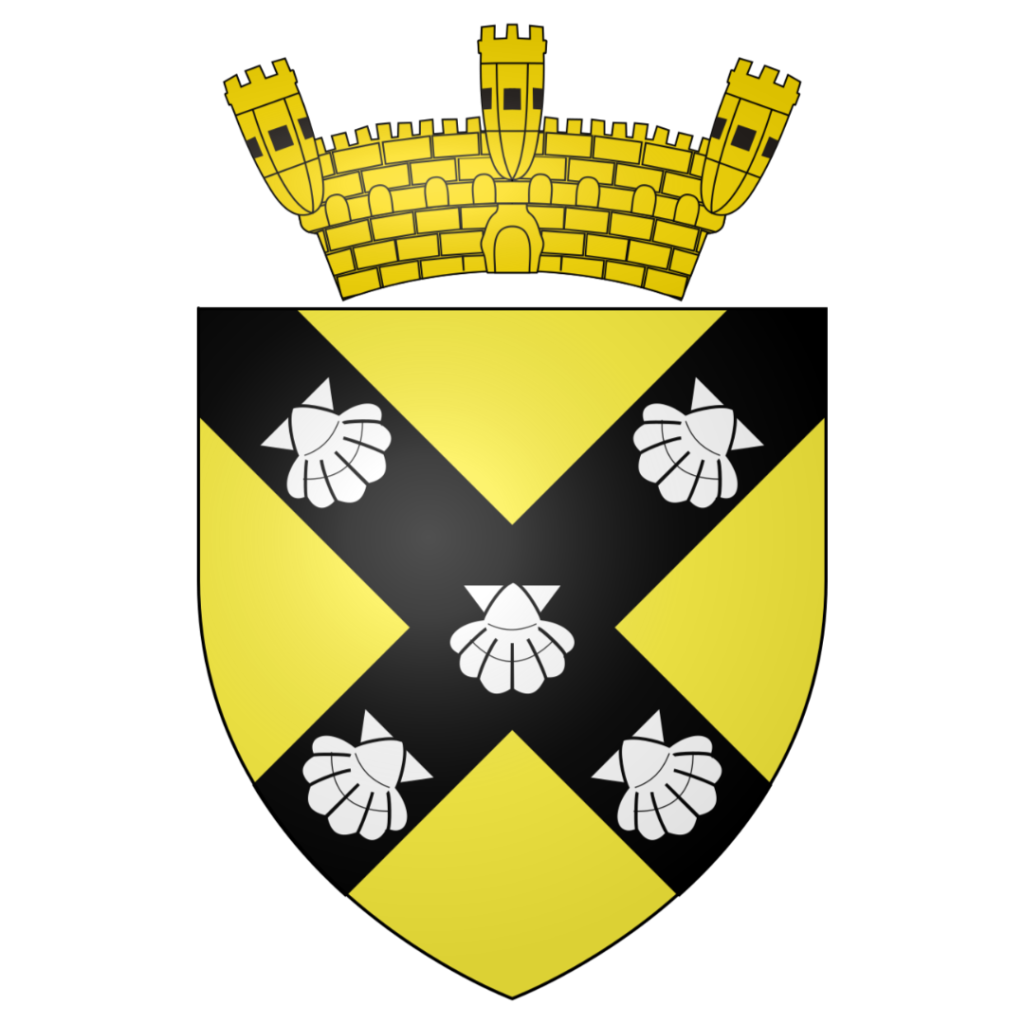GreCO Consortium
The “GreCO” consortium is a well-rounded collaborative network with partners spanning various sectors,
including public authorities, industry, academia, and civil society, following the Quadruple Helix model.
This diversity of partners brings a wide range of competencies critical for achieving the project’s objectives and expected results.
The GreCO consortium is a well-rounded collaborative network with partners spanning various sectors, including public authorities, industry, academia, and civil society, following the Quadruple Helix model.
The MEA provides expertise in local governance and stakeholder engagement, while ELAN handles project management and evaluation. The UNIPI contributes multidisciplinary research capabilities with a focus on tourism, culture and sustainability, and Zelus brings advanced data visualization and AI-driven insights. The NTUA partners, including the “Laboratory of Photogrammetry” and the “Department of Transportation Planning and Engineering”, specialize in urban planning, AR technologies, and traffic management. The NOA offers Big Data integration and AI-based environmental modeling, while SPAY leads citizen engagement, ensuring local and bordering community interests are considered.
Their collaboration ensures a holistic approach to addressing the multifaceted challenges of sustainable urban tourism, making our partnership indispensable for project success.
Main Urban Authority
MEA Municipality of Elliniko-Argyroupoli
Contribution to GreCO: MEA will lead the initiative and ensure its relevance to its stakeholders leveraging its experience collaborating with municipalities in and outside of Greece.
Delivery Partners
ELAN Elliniko Anelixis
Contribution to GreCO: ELAN will ensure the implementation and evaluation of the project idea as well as the management and support of the project partners.
SPAY Union of Protection and Development of Hymettus
Contribution to GreCO: SPAY will be the first among multiple citizen engagement organizations that will ensure the interests of the local and bordering communities are taken into consideration as well as the protection of Imitos forest.
UPRC University of Piraeus Research Center
With an extensive experience in managing and implementing over 1,000 research programs and education initiatives and in facilitating multi-stakeholder cooperation, UPRC involvement ensures a balanced and well rounded partnership that spans academia, industry, public authorities, and civil society, positioning us for robust and impactful project delivery.
Contribution to GreCO: UNIPI contributes multidisciplinary research capabilities with a focus on tourism, culture and sustainability. The team of UNIPI and the Department of Tourism Studies focuses on research and development activities in various areas of the field of tourism and urban tourism proactive planning.
Zelus Zelus
Contribution to GreCO: ZELUS’ advanced visualisation techniques will allow scalable data visualisation approaches while the AI-enabled exploration of data will reveal hidden insights making the suggested routes truly unique. Focusing on security by design, ZELUS ensures cybersecurity-related situational awareness and users’ data protection. Zelus’s technical department will take care of the development of the web and mobile-served application as well as the integration with third-party services.
NTUA National Technical University of Athens
Contribution to GreCO:
The NTUA, Department of Civil Engineering, will design the alleviation of congestion by carefully planning the alleviation of tourists across the city. With further support by the Laboratory of Photogrammetry AR technologies will be exploited for the creation of immersive cultural and historical experiences.
NOA National Observatory of Athens
BEYOND innovatively integrates monitoring networks and data hubs to (i) allow a variety of monitoring networks and data hubs to operate in a complementary, (ii) archive long series of observations and derived products, and (iii) make these observations and products available for exploitation by stakeholders, scientists and/or institutional users, applicable for down-streaming to their specific needs.
Contribution to GreCO:
NOA provides expertise in Big Data integration and AI-based modeling. NOA will spatio-temporally integrate sensor data and develop Machine Learning pipelines and algorithms to model current and future environmental impacts of the routes throughout the city.
Transfer Partners
Municipality of Botosani (RO)
Through a combination of personalized tourism experiences, community engagement, sustainable practices, and data-driven decision-making, GreCO provides Botoșani with the tools needed to address its social, economic, and environmental challenges effectively.
Municipality of Milazzo (IT)
Milazzo’s interest in replicating and transferring these innovative solutions stems from its unique urban challenges and strategic goals. As a small urban area with significant cultural heritage and natural beauty, Milazzo faces the dual challenge of managing a high volume of tourists while preserving its social, economic, and environmental fabric. Through Implementing GreCO’s sustainable practices helps protect these assets from overuse and environmental damage, ensuring their long-term viability. Also, by leveraging technology will help tourists to engage with the destination with eco-friendly prectices anhancing the overall experience.
Senglea Local Council (MT)
Senglea is a charming fortified city in Malta with impressive historical structures and a population that amounts to 2732 habitants. GreCO’s routes will help Senglea to better manage tourist flows and adopt effective strategies for destination management while simultaneously providing a more personalised and better tourism experience. Also, measurement and management mechanisms for pollution levels are crucial to enhance the efficiency anagement of environmental pollution, especially caused by the cruise industry.

